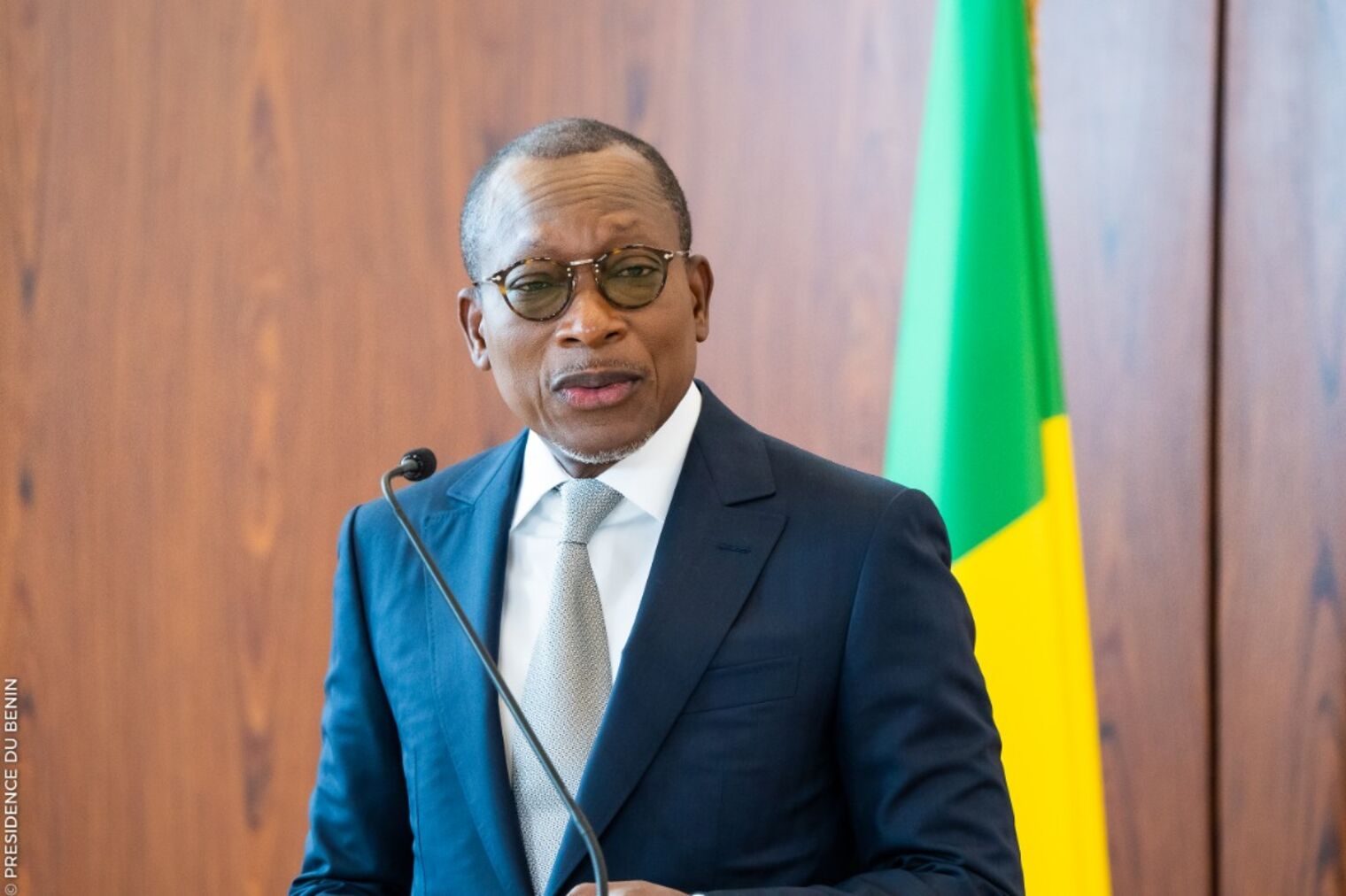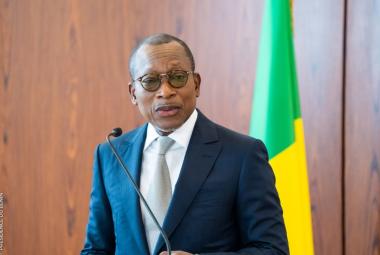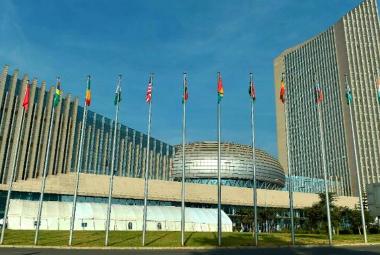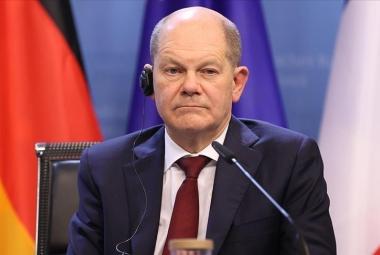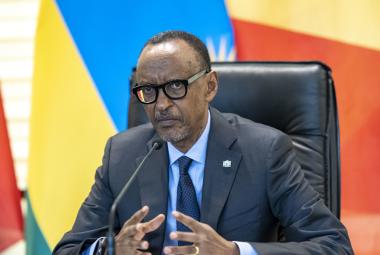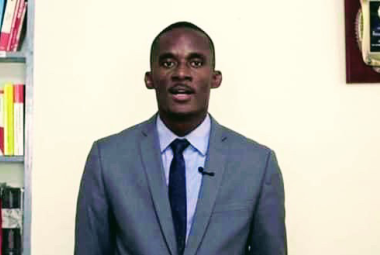After having delegated by proxy the management of the crisis in Haiti to the Caribbean Community (CARICOM), the International community is trying to catch up. Starting with the United States which has resumed humanitarian links with Port-au-Prince. But always better late than never. Since the Presidential Transitional Council (CPT) was sworn in, things now seem to be changing little by little...
Washington has finally made it known that the crisis in Haiti cannot be neglected. And the White House is right to indicate that it is just as important to put on the same scale as other international crises, notably in Gaza, Ukraine and Sudan. By matching actions with words, the Presidency of Joe Biden dispatched military planes from the United States to Port-au-Prince.
According to the first information released about these first military planes since the situation seriously deteriorated in Port-au-Prince, they were cargoes of humanitarian aid. Amounting to several million dollars and consisting of non-lethal equipment for the Haitian police, suggested Brian Nichols, the Assistant Secretary of State for Western Hemisphere Affairs.
Washington has, it seems, resolutely and definitively ruled out the option of an intervention by its military in Haiti. With the exception of logistical support, the Americans have no desire to take part in the future Multinational Security Support Mission in Haiti (MMSS). The Kenya of President William Ruto, which has always demonstrated its desire to support Haiti, will provide most of the troops to be provided. The United States, which, through the Departments of State and Defense, announced an envelope of 300 million dollars, also invited other countries to participate in this mission intended to integrate and strengthen the Haitian Police under the leadership of the UN.
Benin's contribution to Haiti is a moral duty
On April 17, President Patrice Talon of Benin appointed Colonel Pamphile Zomahoun as Special Envoy of Benin to Haiti. An officer of the Benin National Gendarmerie and trained in Saint-Cyr and Melun, in France, he was until then the Director of the Liaison and Documentation Services (DSLD), the Beninese Intelligence Services.
On behalf of the future Multinational Security Support Mission in Haiti (MMSS), Benin has decided to voluntarily provide 2,000 men. Which will be taken from the Armed Forces of Benin (FAB) and from the different corps, namely the Army, Air Force, Navy and National Guard. The land of Toussaint Louverture’s Ancestors (Editor's note: the leader of the Haitian revolution) does not rule out supplementing its contribution with Police Officers. If Benin specifies that its contingents will be trained by Beninese and foreign instructors before their departure, it does not specify who these foreign trainers are, however. What one knows is that Benin works in close collaboration with Haitian but also international partners, in this case the United States, Brazil, Canada and Jamaica, to name just a few.
Due to the historical and cultural ties that link Haiti to Benin, it could not remain on the sidelines. And this is also the least thing that the Patrice Talon regime could do regarding the contribution of the country of Bèhanzin, Bio Guera and Kaba (Editor’s note: the Three National Heroes of Benin) to the Multinational Security Support Mission in Haiti (MMSS). Failing to take command of the Mission in question.
The socio-political crisis situation in Haiti reveals a past that we thought was centuries ago: slavery and its corollary on Black Africa but also the Americas. This shows that historical antecedents always die hard in the construction of peoples and their identities. Even when the desire for resilience is unwavering.
Nothing can separate Black Africa from all its descendants scattered throughout the world through the ignominious slave trade. Not even the distance and the thousands of kilometers that can separate the new countries of Afro-descendants from their Mother Earth. We can never say it enough, the West is largely responsible for this sad past. And whatever the part of local collaborators may have been in the sad history which now unites Black Africa with the West. And, long before the Arab World to Africa, we must never forget to emphasize this each time there is a question of establishing the responsibilities of each party. The Arabs were the first slavers of Black people.
Since his accession to power in 2016, Patrice Talon has transformed Benin from a champion of Democracy in Africa into a true Dictatorship from another time. All things considered, we can say that Benin's contribution to the Multinational Security Support Mission in Haiti (MMSS) will remain the only positive action to be attributed to Patrice Talon and his regime on the international stage. And the example of Haiti should inspire Benin and including the Rwanda of his friend Paul Kagame with whom he has perfect cooperation on the consequences of dictatorial antecedents on small countries like theirs. Indeed, any small country that carries serious dictatorial antecedents from its past always runs the great risk of seeing the most terrible and unimaginable consequences of these serious but repressed dictatorial antecedents emerge or resurface at any time in its future. Like the gang crisis that Haiti experienced and which triggered the political transition that the Presidential Transitional Council (CPT) will now have to manage, with the support of the International community. And Black Africa, in the foreground, to also assume its share of responsibilities towards its Diaspora throughout the world
By Marcus Boni Teiga



